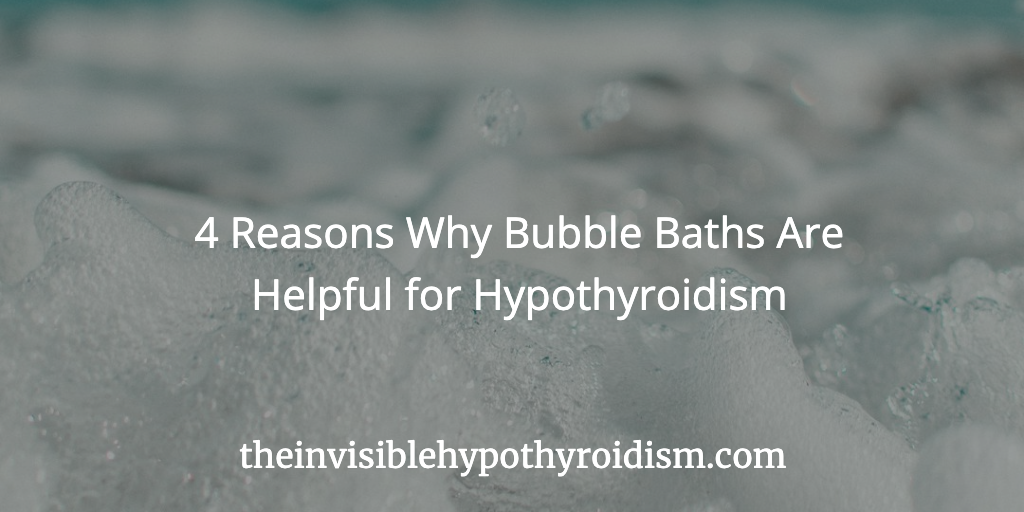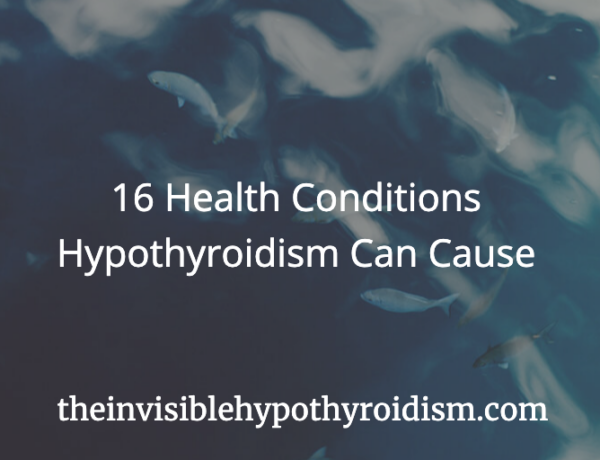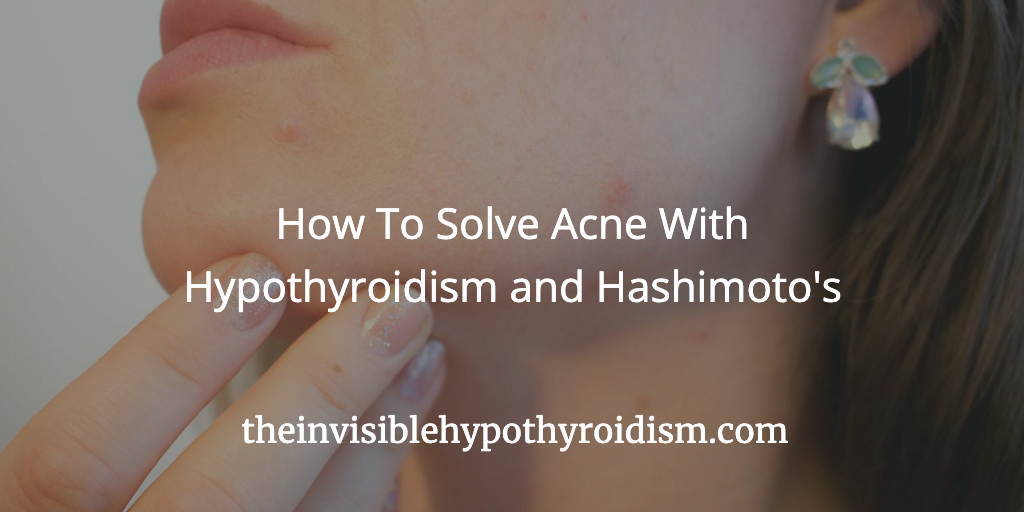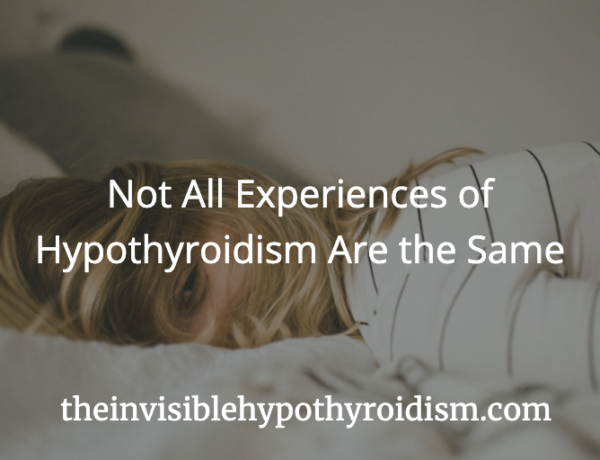Ahh, just thinking about a bubble bath right now is making me feel relaxed.
They’re warm, they smell nice and leave us feeling relaxed. What’s not to like?!
Well, add to that the benefits that bubble baths can give us for hypothyroidism, and they’re just too good to resist…
1. They May Help with Sweating Out Toxins
Hot bubble baths help us to sweat, and sweating may be good for getting out toxins from the body. We are told that daily sweating is essential, along with drinking enough water and regular bowel movements.
You could also add some Epsom Salts to help with detoxifying. Westlab Epsom is the most popular brand.
2. They Encourage a Good Night’s Sleep
When I feel tired, I have a bubble bath to encourage that wind-down for bed.
The scents, the warmth and soft skin when getting in to bed just reinforces that ready-to-sleep feeling. If I have a shower before bed, it’s not always the same experience. I tend to feel less sleepy and more energised. However, with baths you can just lay back and relax. Getting enough sleep is essential for thyroid patients.
If you’re struggling to get to sleep at night, possibly due to high cortisol messing up your sleep patterns, then a bubble bath can help you feel ready for sleep.
Close your eyes, concentrate on the warmth and smell of the bath foam, and relax. Light some candles and turn off the main bathroom light, if that helps create a better atmosphere. It could also help encourage your melatonin to rise, getting you ready for bed. Normally, melatonin levels begin to rise in the mid to late evening, but light affects how much melatonin your body produces.
So avoid TV, electronics and harsh lights as you get later in to the evening. A dimly lit bathroom with a bubble bath should therefore help. Epsom Salts can also help to relax muscles and get you sleepy.
3. They Ease Aches and Pains
Bubble baths have worked wonders for my achy and painful hypothyroid muscles and joints. Especially at the end of a long day, where I’ve been on my feet a lot – or on a thyroid flare up day – bubble baths feel like heaven. The warm water soothes and relaxes muscles, but also promotes increased blood flow and circulation to the area, eliminating any lactic acid buildup.
I feel like the feeling of weightlessness also adds to the relief of muscle soreness and aches and pains in my joints. Adding Epsom salts can again, help with this.
4. They Can Help To Soften Hair and Skin
Using the right products and taking care not to over-bathe can keep hair and skin hydrated, moisturised, and feeling and looking good.
Having hypothyroidism can mean hair becomes thin and dry, and skin becomes dry and flakey.
Organic products are often the best as they have less chemicals that can contribute to poor quality hair and skin. You should aim to wash hair no more than it really needs washing (often cited as every 3-4 days) to avoid over-washing and removing protective oils. Also, aim to moisturise your skin after a bath, too, to lock in moisture.
Do you find that baths help you thyroid symptoms?
You can click on the hyperlinks in the above post to learn more and see references to information given.





